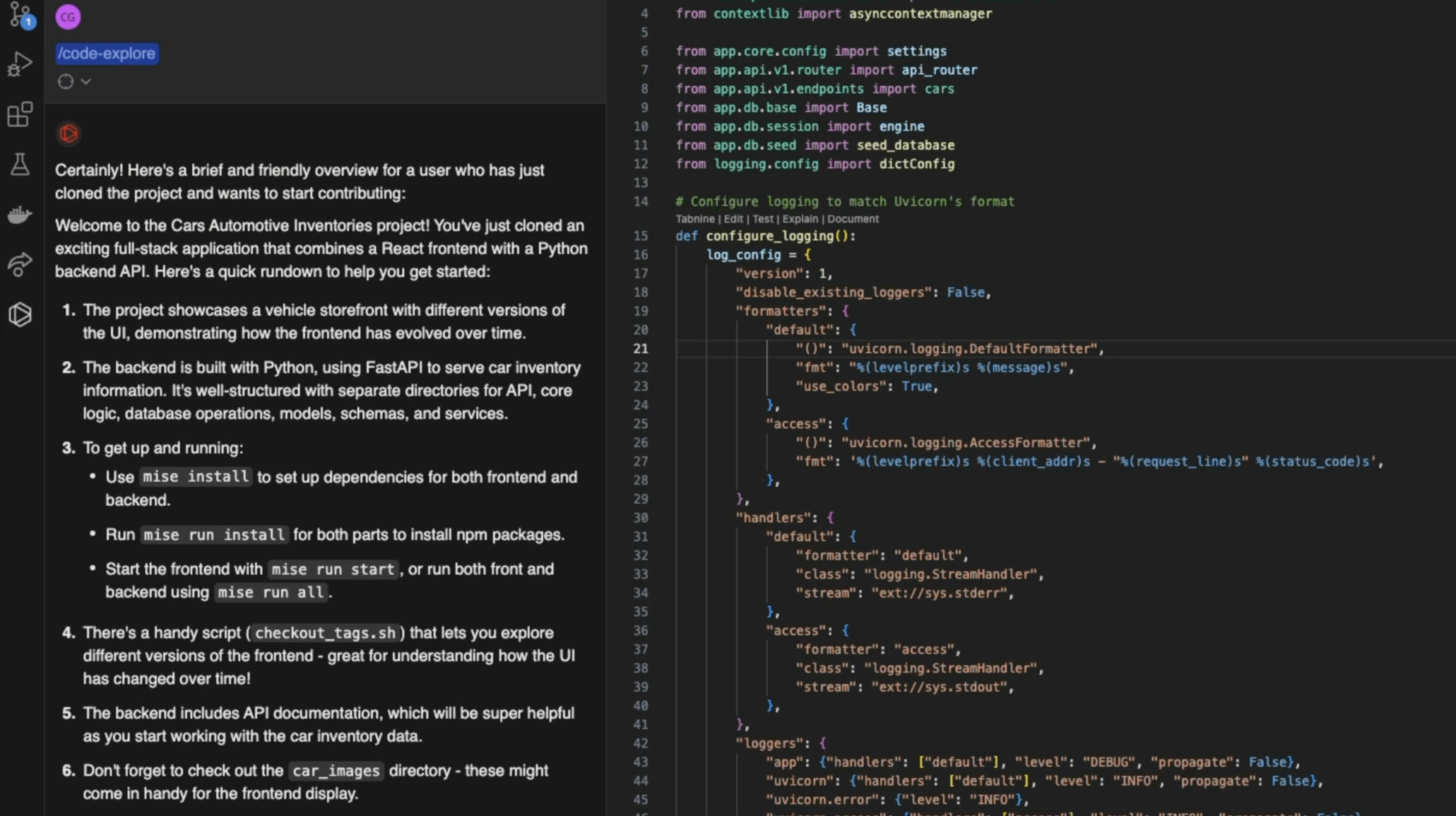
“Will AI replace coding?” is a growing debate in the tech world. Although many developers initially feared that AI would replace them, it didn’t eliminate their necessity. Instead, it transformed the way coding was done and reshaped their responsibilities. Because the true value of a programmer lies not in knowing how to build something but in knowing what to build. AI tools like GitHub Copilot, ChatGPT and OpenAI Codex, powered by LLMs, help developers to write code, suggest improvements and fix bugs —freeing developers to focus on complex, creative tasks.
In this blog, we will be exploring AI’s impact on coding and the evolving role of developers in an AI-Powered Future.
Nowadays, software developers are using AI as a coding pair to build better software. This is already happening today and will continue to rise in popularity as AI learns to write more than a few lines of code at a time.
Instead of taking over the jobs of developers, AI is helping them by automating repetitive activities such as fixing syntax, writing code, finding a bug, and even documentation. Tools like Tabnine and DeepCode help developers shorten delivery timelines and increase accuracy by providing intelligent suggestions.

Developers frequently increased their productivity and kept ahead of the curve by embracing AI as a co-pilot rather than as a rival.
Developers moved into more creative and strategic roles as AI took over repetitive tasks. According to the study by McKinsey, developers utilising generative AI tools were 25–30% more likely to complete complex tasks within set time frames compared to those not using such tools.
Developers assumed strategic roles where human intuition, judgement, and contextual understanding were still essential when artificial intelligence transformed the coding process.